Half Cat Rocketry
Half Cat Rocketry began as a project to build a liquid bipropellant rocket in our final undergraduate semester at the University of Central Florida. From September through December 2020, we constructed, iterated, and finally test fired Half Cat Walking. From participating in introductory rocket projects, to leading them, to producing solid motors, to designing hybrid systems, four years of learning culminated in four months of innovation and success.
We are Austin Sennott and Charles Sharp. For eight years, we have been relentlessly gaining experience in amateur rocketry, woven together with education and careers in aerospace engineering. Today, our focus is on pioneering simple, reliable liquid rocket motors and supporting students and individuals looking to build their own. Our goal is to demonstrate that they can be accomplished quickly and economically, for the benefit of both the hobby and the careers of students everywhere. We were once students ourselves, and still produce rockets with our own time and money, so we are well acquainted with the need to reduce scope and budget as much as possible.
Half Cat is the name of a meme, unique and recognizable. We do serious work, but we don't take ourselves too seriously - our brand and project names are a lighthearted nod to the industry, which can too often lack originality.
Half Cat Rocketry is ongoing, and we will continue to build rockets and publish information about them. Our hope is to redefine what's possible for students and amateurs to achieve with a little bit of creativity, leading the way for ever more awesome projects.
Austin Sennott
Austin is a rocket propulsion engineer from Florida. He graduated from the University of Central Florida in December 2020 and is Level 2 certified in high power rocketry. Since 2018, he has been experimenting with solid, hybrid, and liquid motors, including UCF’s first liquid bipropellant rocket.
Charles Sharp
Charles is a Level 3 Certified member of both Tripoli and NAR, and is also employed as a rocket propulsion engineer. In over 10 years of building rockets, he has gained expertise in all types of experimental rocket propulsion, including the first ever high-power rocket propelled by liquid CO2.



